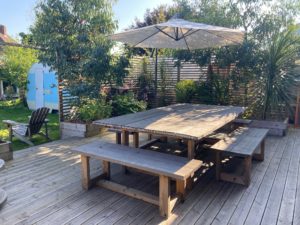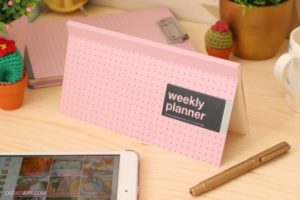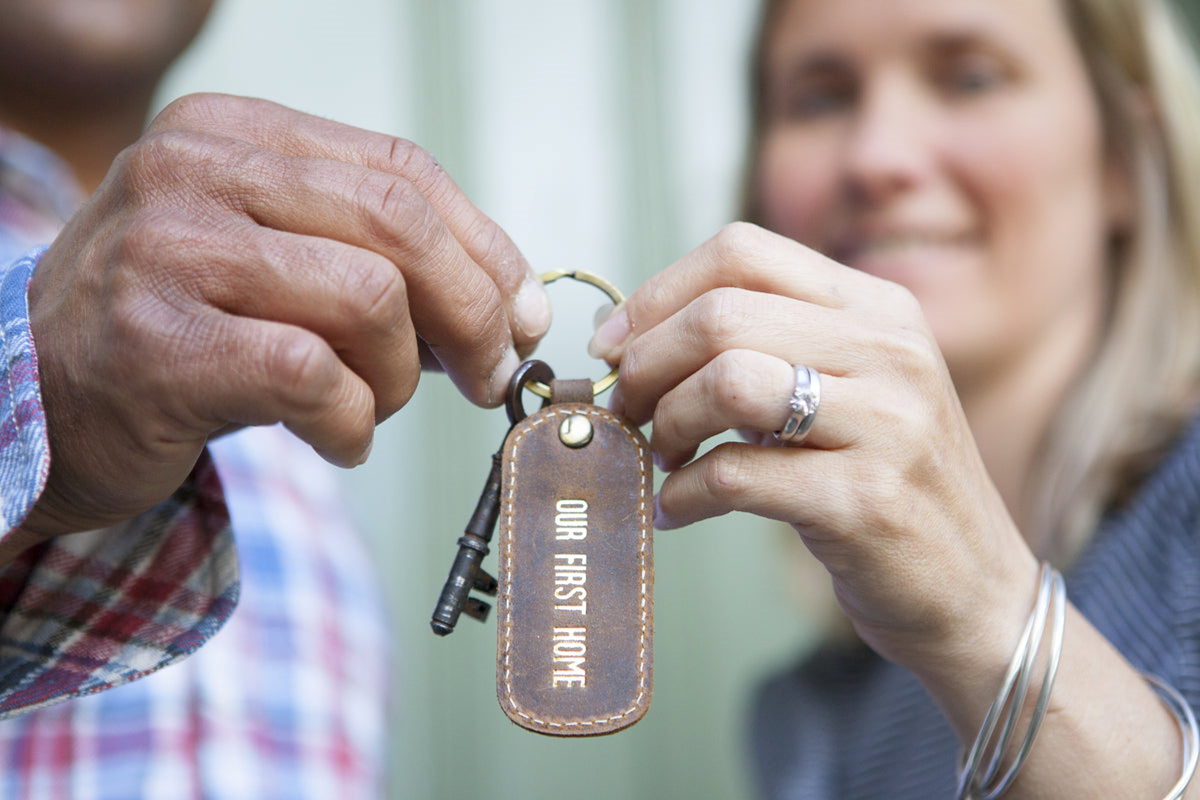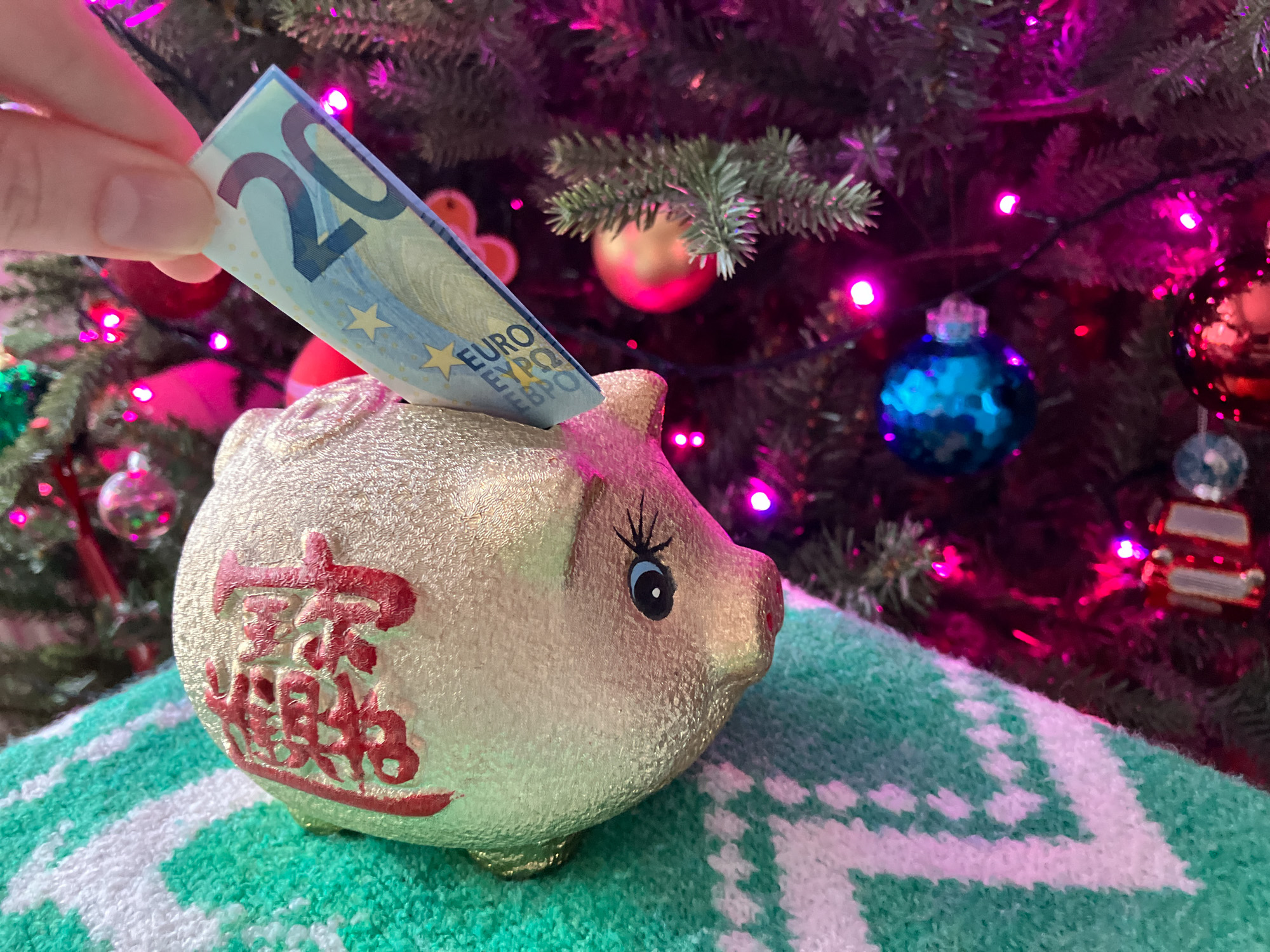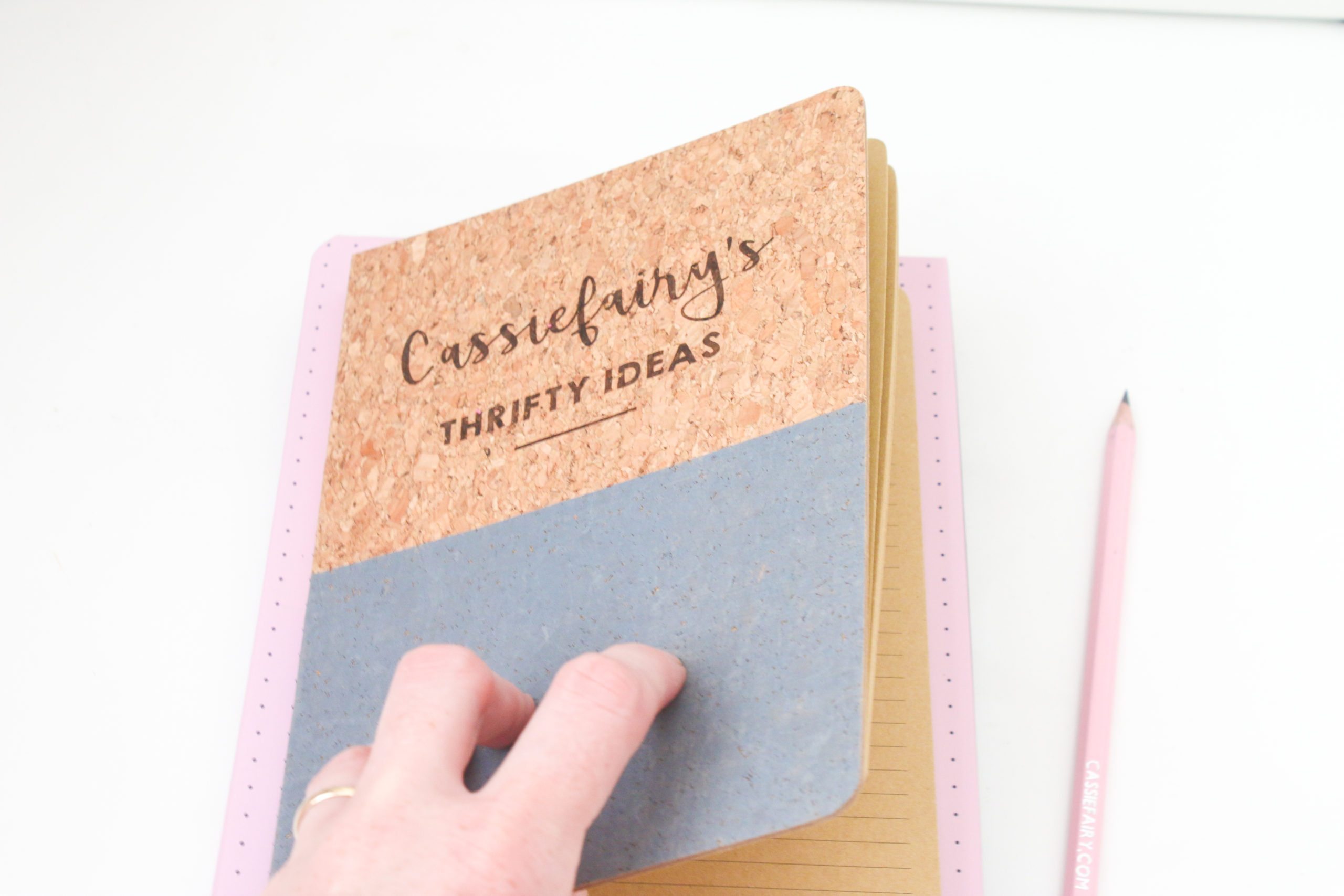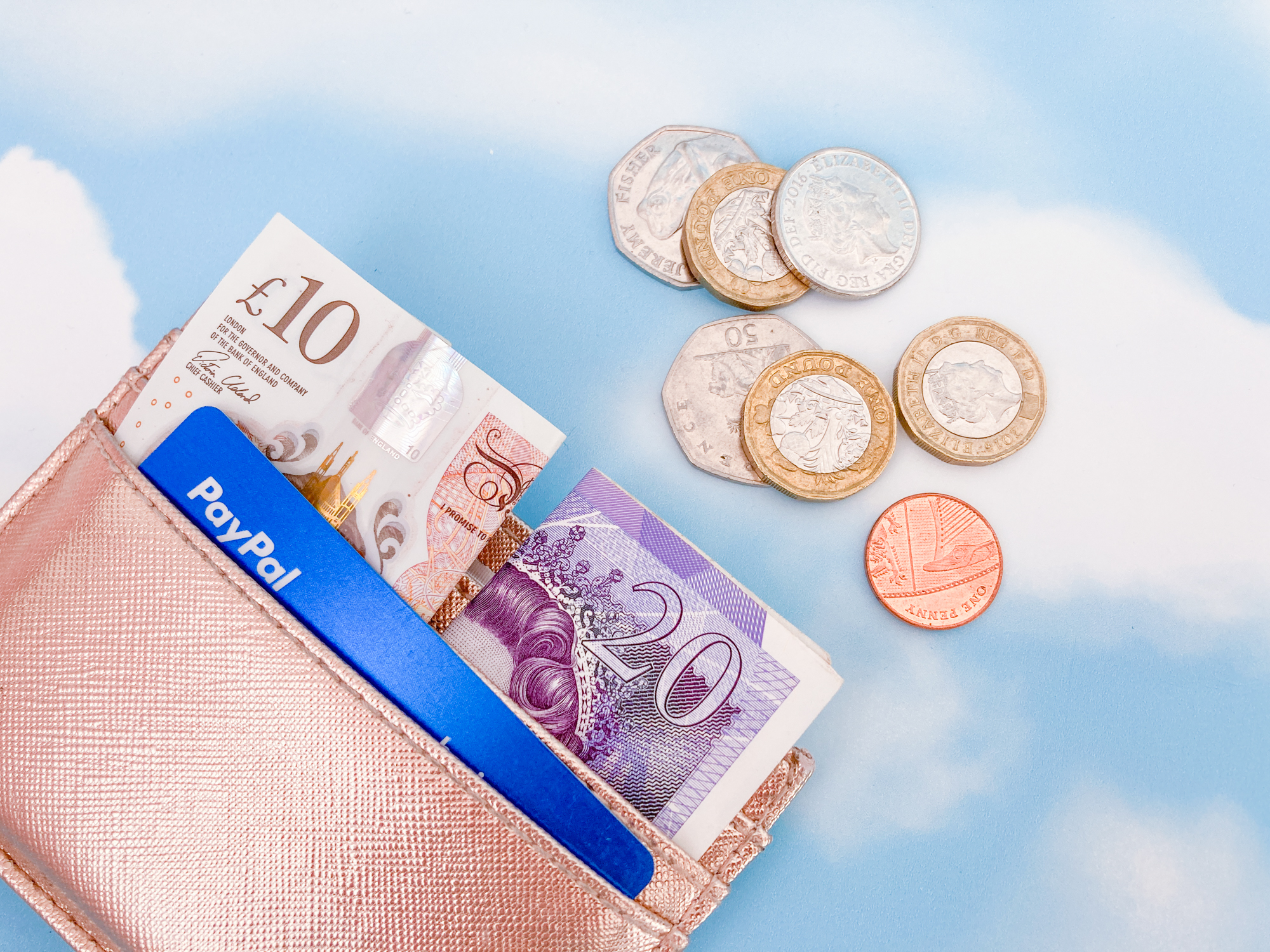
The current financial situation in the UK has certainly got many of us worried. The increased cost of living and energy price rises are enough to make us wonder whether we’ll be able to cover our usual bills, without considering saving money for our future.
However, it’s more important than ever to put aside as much money as you possibly can, whether that’s for a deposit, saving an emergency fund, paying for further education or building your business. And just because your expenses might have increased, it doesn’t mean that ALL your money needs to go on bills.
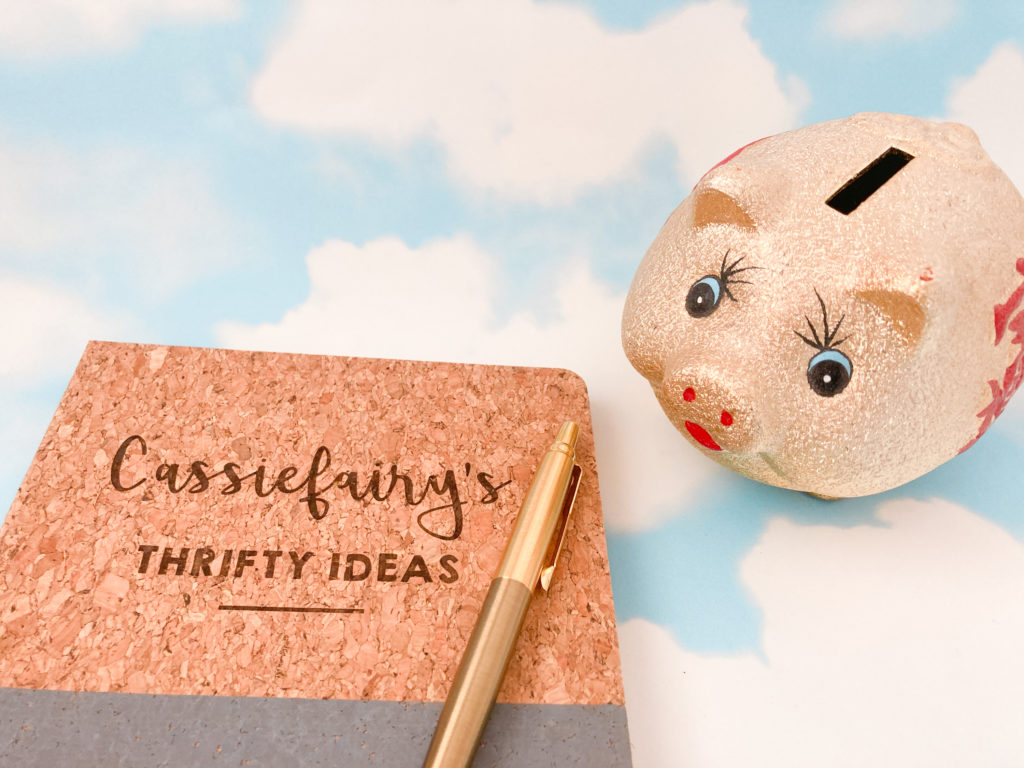
Pre-plan your mortgage
It’s important to understand your starting point and to know what you’re heading for. For example, there’s no point in trying to save a huge deposit for an expensive home that you wouldn’t be able to afford the repayments on.
Instead, you can work backwards from knowing how much you want to allocate in your monthly budget for mortgage repayments, and let that determine the cost of the home you’ll be able to buy, and then you can figure out what percentage of the purchase price you’ll need to save as a deposit.
This might mean you’ll be able to reduce the budget for your home search and therefore reduce the amount of monthly savings you’ll have to make to achieve the lower deposit. It’s therefore a good idea to sit down with a mortgage advisor and broker when you want to start your home-buying journey and let them help you create a plan.
When I bought my first home I went to see the mortgage advisor and they were able to show me all the possible scenarios based on different amounts of deposit, different interest rates, different mortgage term durations and different repayment costs.
That way, I knew what kind of difference a larger deposit would make, and what price of house I could afford based on my desired monthly repayments etc. That gave me a clear goal to work toward and meant I could divide the deposit required over 12 months and I knew exactly what I would need to save each month to achieve it.
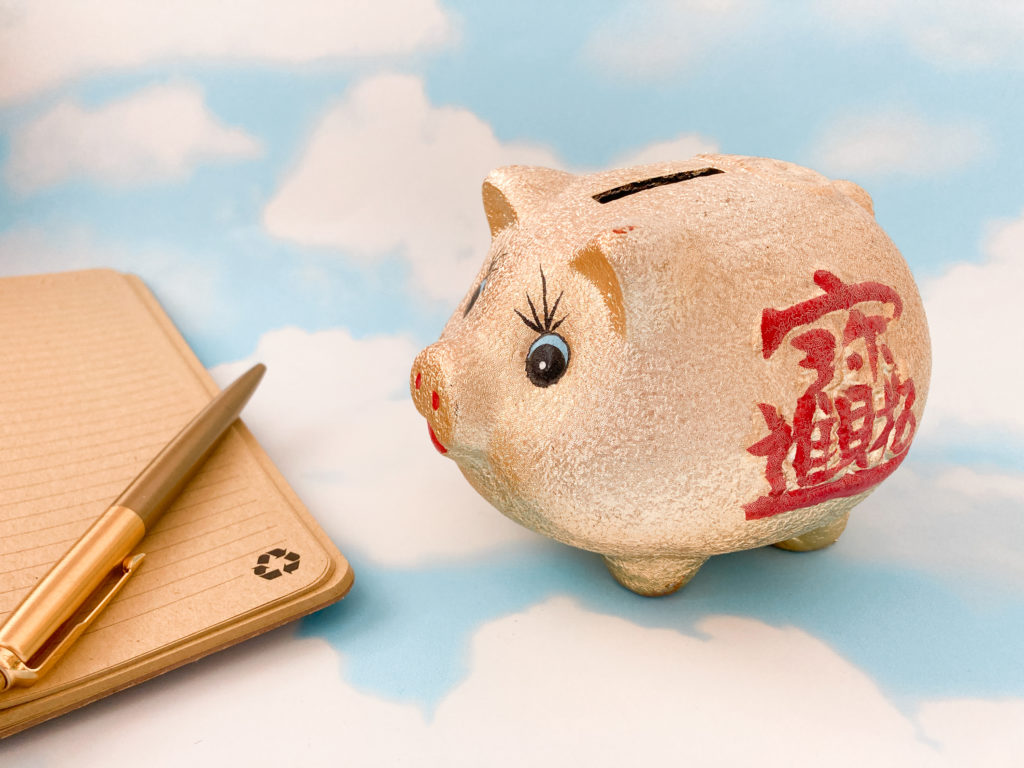
Organise your finances
But, knowing how much you want to save and actually finding money to put aside for the deposit are two very different things! How can you possibly save for a mortgage when you don’t have any extra money available at the end of the month.
This is where understanding and organising your finances come in. If you’ve got a fixed regular income, you’ll be able to use a monthly budget planner to organise your incoming pay and outgoing expenses to get a clear picture of your available funds.
If you’re self-employed or a freelancer like me, it might be more difficult to plan your monthly income and expenditure. However, you’ll be better able to understand your finances with a freelancer accountancy service.
It not only helps you to organise your tax and national insurance (and therefore the money you’ll need to put aside for this) but can also help you to clearly see your current and potential earnings, so you can forecast how much money you’ll be able to save each month, and what you might be able to afford to spend on mortgage repayments in the future.
Once you’ve got a grip on your finances and are clear on exactly how much money you can earn, spend and save, you’ll have a much better idea of how to progress in your saving journey.
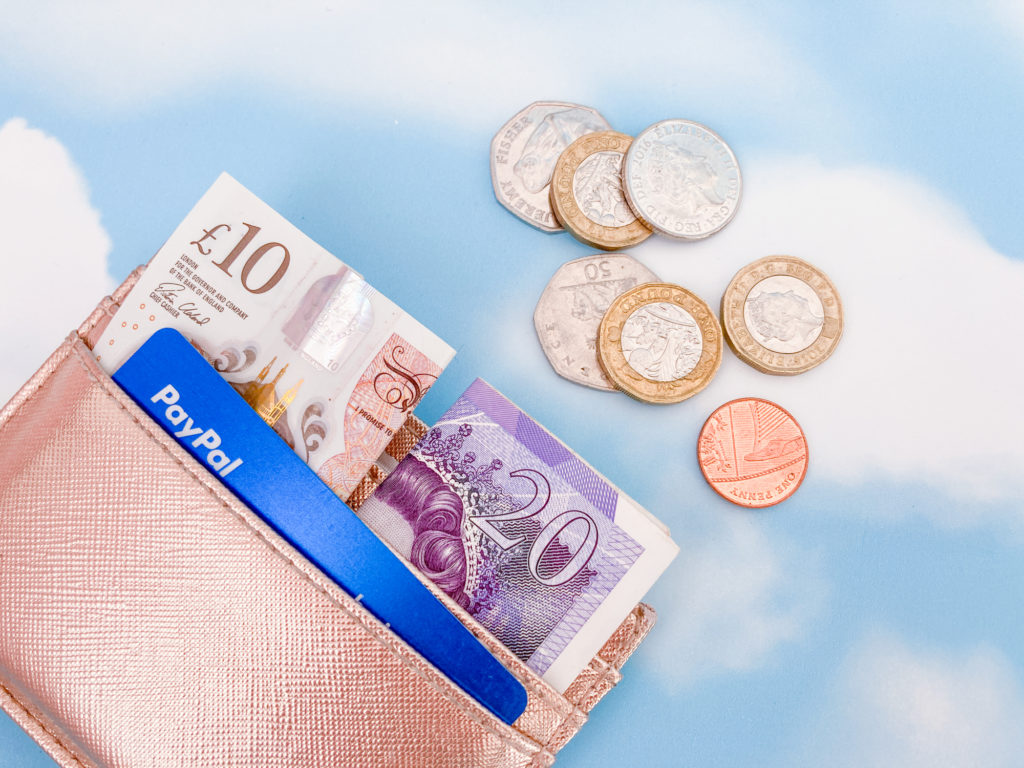
Resources for saving
The key to saving is consistency and commitment. Sure, the above ideas will give you the knowledge to know exactly what financial goal you are heading towards, but now you need to stay focused and do everything you can to meet that target.
Even if it looks like the spare cash you have available is minimal, don’t worry – there are things you can do to better your budget or increase your income to make the savings you need.
I’ve shared some free downloadable ebooks in the My Thrifty Life Resources Library to help you continue saving money, even when you think you won’t have any money left at the end of the month, including:
- 20 Ways to Save
- Monthly budget planner
- 30 Ways to find money checklist
Plus, there are some motivational phone backgrounds available to download to keep you on track, so feel free to have a look at my resources library and help yourself to any of the ebooks and planners you need.
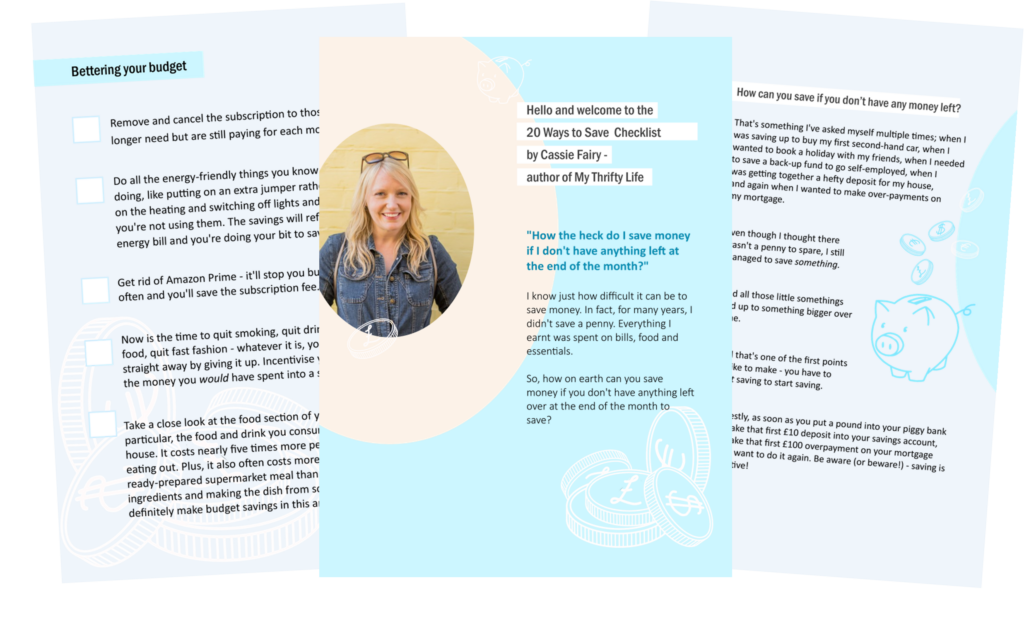
I hope that this blog post has been helpful in getting you started on saving for your first home or other financial goal and I’d love to hear how you are moving toward your target in the comments below. Any advice or money-saving hacks would be really handy to learn so please share your tips too! 🙂
Pin it for later
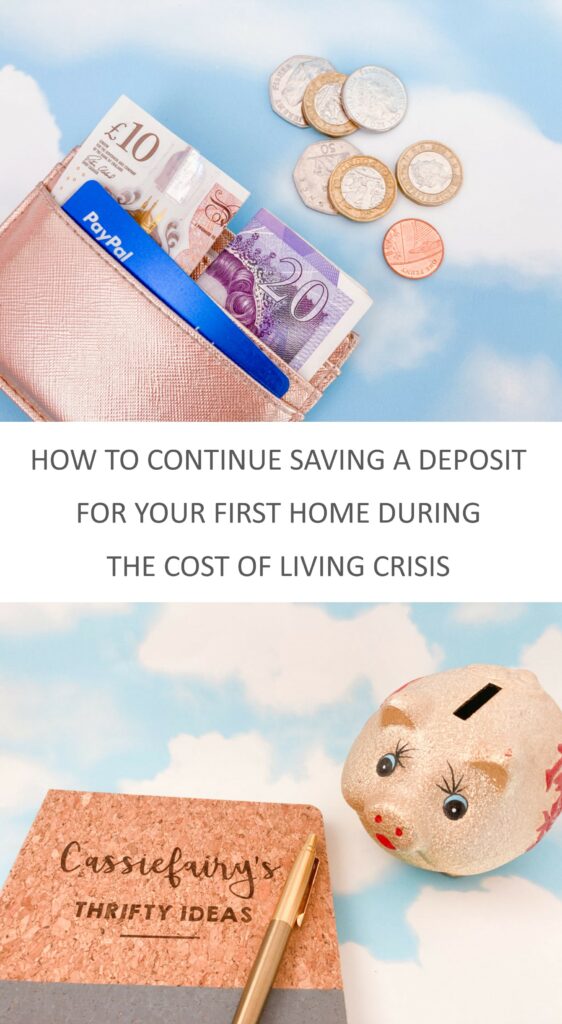
This article is a sponsored collaboration. The pink links in the content indicate a sponsored link or information source. The blog post reflects my own experience and the sponsor hasn’t had any control over my content 🙂







